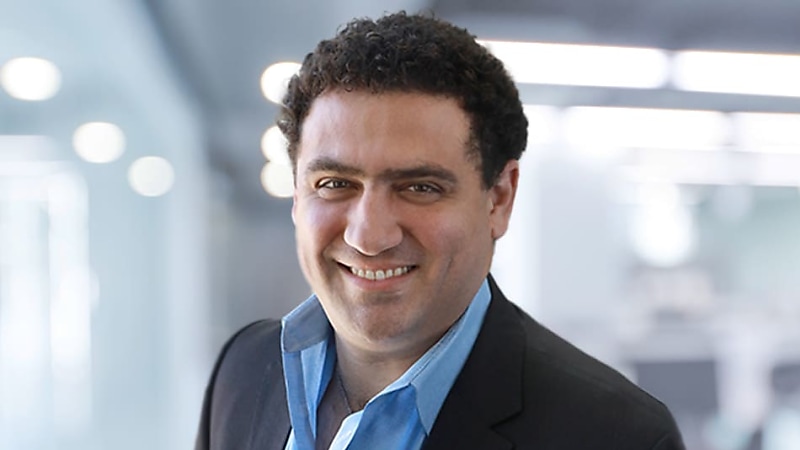Professional predicts it will take ‘at least’ 2 years for reforms from QAR to be implemented
It will take at least two years for any reforms resulting from QAR to be implemented, an advice professional has said.
Speaking to sister title ifa ahead of the holidays, chief executive of Lifespan Financial Planning, Eugene Ardino, predicted that it would take at least two years for any reforms resulting from the Quality of Advice Review (QAR) to be implemented.
While Mr Ardino believes the QAR, headed by Michelle Levy, promises the advice community much in the way of reducing the regulatory burden of advice and potentially making it more affordable, he believes the implementation process will be a drawn-out affair.
“2023 will probably be the year that the recommendations are debated and refined for implementation, perhaps in late 2024 or even 2025,” Mr Ardino said.
The report was handed to the government on 16 December, with its public release slated for 2023.
“There is likely to be much discussion in terms of what form of legislative change will result from the review,” Mr Ardino added.
Earlier this month, Financial Services Minister Stephen Jones said that the final QAR report would form part of his Christmas reading.
“That will be a part of my Christmas reading so that I am in a position early next year to consult with you [advisers] on the reforms that we’re able to put in place as a result of that review,” he said.
At the time, Mr Jones noted that while he had received many requests to share his views regarding Ms Levy’s recommendations, he did not wish to “breach my principles”.
“Time and time again, I’ve been asked by members within [the] industry and the product manufacturers to express views on the things that are subject to Michelle’s review whether it’s about the quality of advice or commission issues, and I’ve been steadfast in the commitment I gave to her and the principle I’ve adopted publicly, and that is I’m not going to pre-empt the outcome,” the Minister said.
“What I’m hopeful of, is that I will get a report that we can work on as a government and to the extent that we can get the low-hanging fruit through and there is some obvious stuff on my mind which removes things that are done in the name of consumer protection but in reality aren’t providing that but are providing cost and red tape,” Mr Jones said.
“We can move through those things quickly, but there might be other things that take more thought.”
What Mr Ardino wants to see actioned
“Overall, I think if much of the QAR is implemented, advisers will be able to service many more Australians at a lower cost, and the advice community will be so much happier for it,” Mr Ardino said.
However, he argued that the component that enables AFSLs, particularly product providers, to allow non-relevant providers to give personal advice needs to be reworked to only allow non-relevant providers to provide very basic advice or general advice.
“In my view, if this is not restructured, our professionalisation will be significantly disrupted by future scandals. If an organisation wants to issue products and provide advice, it should be held to a higher standard than those who just provide advice,” Mr Ardino said.
Commenting also on the removal of SOAs [statements of advice], Mr Ardino said while it is “drastic”, the entire SOA framework has become “unfit for purpose”.
“I’d support this,” he said.
“However, I feel like a middle ground will be found whereby some basic disclosure will be required and the rest can be negotiated between the adviser and their client, as occurs with other professions.”
Moreover, he noted that the removal of FDS [fee disclosure statement] will be welcomed by all, “as having to disclose what is already disclosed in so many other documents is not only wasteful but confusing for clients”.
“A no-brainer,” he concluded.








